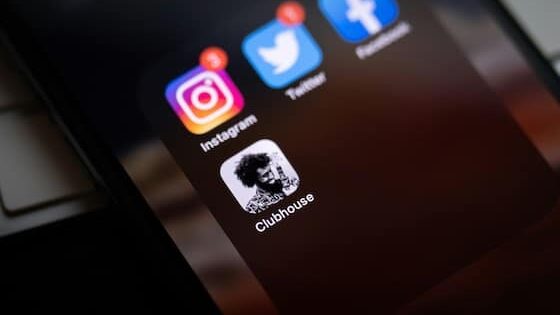This week’s big work from home news involved Ian Goodfellow, Apple’s now-former head of AI. He just jumped ship to Google’s DeepMind unit because Apple wouldn’t allow him to continue working from home.
Now, Apple appears to be softening its WFH policy. Even if it’s too late to retain Goodfellow, perhaps it will help the company retain his replacement.
This story comes on top of countless other reports about companies struggling with their post-Covid WFH policies. And surveys continue to suggest that few want to go back to the office. They’ve grown too accustomed to the remote-work lifestyle.
All this might lead to the conclusion that remote work, or at least hybrid work, has prevailed. Many companies have invested millions, even billions (we see you Tim Cook), in office buildings and corporate campuses pre-pandemic that now sit largely idle. Or at least underutilized. Other leaders, like Netflix CEO Reed Hastings, just don’t like remote work. But the need to retain top people, many of whom prefer to work at home, was winning the day.
As noted, survey data shows strong resistance to returning to the office. A recent survey from the ADP Institute, for example, found that 64% of workers would rather quit than return to the office. And among those 18-24, 71% said they’d switch jobs to keep working remotely.
The latter data point, if projectable across the workforce, suggests trouble for employers. As younger workers have always been presumed to be the most likely to crave the social interactions and quick advancement opportunities that in-person work affords. Not so much now.
Tables Turning?
Yet despite all the pro-WFH momentum, there are reasons to believe that the power is shifting back into the hands of the pro-office boss class. This may be especially true in knowledge-based fields where work from home has formed the deepest roots.
It’s nothing new when skeptical leaders like UK Prime Minister Boris Johson dump on work from home as an opportunity for shirkers to live their best malingerer lives. Johnson specifically said WFH leads to too much returning to the kitchen for coffee and cheese and not enough work. I bet Boris likes cheese.
There are, however, growing concerns that as more and more tech companies impose layoffs or hiring freezes, those workers who chose pajamas over branded polos may be the first in line when employers start handing out pink slips.
A recent piece in the New York Post talked to employers who hinted at a pro-office worker bias when the HR grim reapers start doing their things. And it’s already begun at a growing list of companies that includes Netflix, Peloton, Robinhood, Carvana, Gopuff, and others.
The Post piece quoted executive search consultant Michael Solomon, among others. He describes remote work as a “great tie-breaker” when bosses needed to decide who to give the sack. Who will be easier to fire? Dave, who works from home two time zones away and never seems to shave? Or the hard-working cubicle jockey Kayla, who eats lunch with you (face-to-face) on Tuesdays and Thursdays?
And Scott Galloway, our favorite source of red hot business takes, recently sounded the same alarm on the Pivot podcast. He predicted a “slaying of the unicorns” is imminent. Companies that had just recently been hiring furiously while blitzscaling on easy venture money now find themselves trying to figure out how to “cut S, G, & A by 20% to 30%”. Galloway agrees that remote workers will be the most vulnerable once these axes start falling. In his words, “work from home” may soon be “unemployed from home.”
If these voices are correct, the recession many are predicting may hit the WFH growth marketing manager at a tech company a lot harder than the line cook at Chipotle.
Back to the Future of Work
What’s old is new again. The concept of “face-time” was obsolete in the WFH era. After all, teams had proven they could function remotely. Some even suggested that remote work would make it clear that fewer layers of management were needed in a remote environment. That is, as long as you hire well and get people who are self-starters and do not need constant supervision.
Now, we may be back to the days when those who arrive at their cubicles early and leave them late will win the day.




